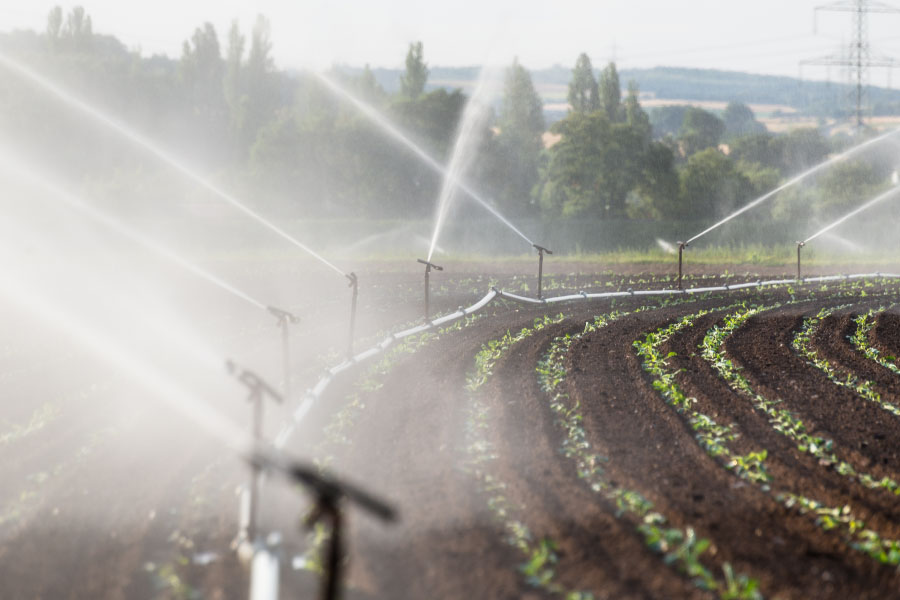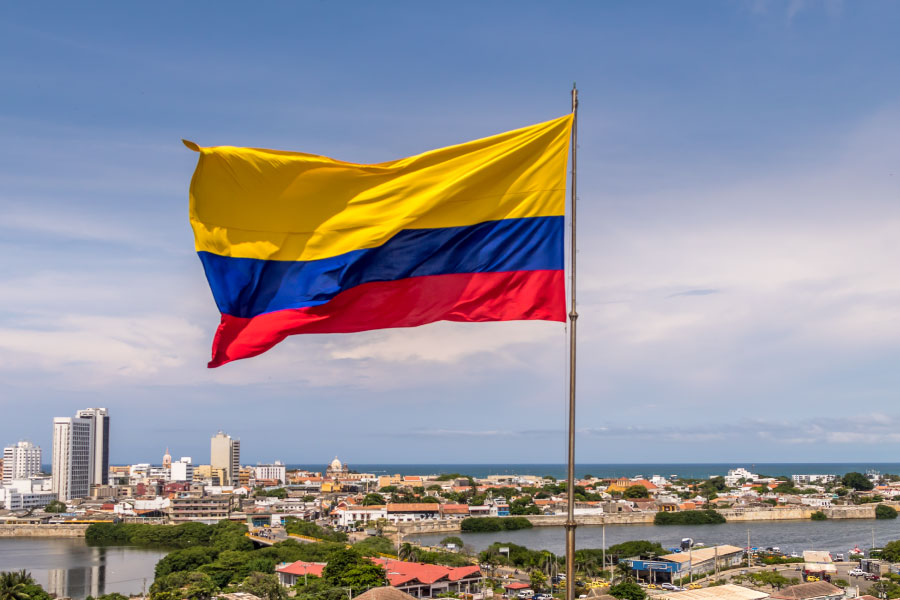
Top 5 countries with the largest freshwater reserves

Hello, my friend
Thank you for reading our article and we invite you to visit our blog. Knowing more about the role that water plays in our planet is necessary.
Water-richcountries
Planet Earth is 71% water, but only about 3% is freshwater, which is used for human consumption and sustaining ecosystems. Access to reliable sources of fresh water is crucial for environmental sustainability and human well-being.
Today, we find ourselves with nations that are home to an abundance of potable water resources, contributing significantly to the global availability of fresh water. Brazil, Russia, Canada, the United States and China stand out as the main holders of these vital reserves. Let’s explore why these countries are leaders in this regard.
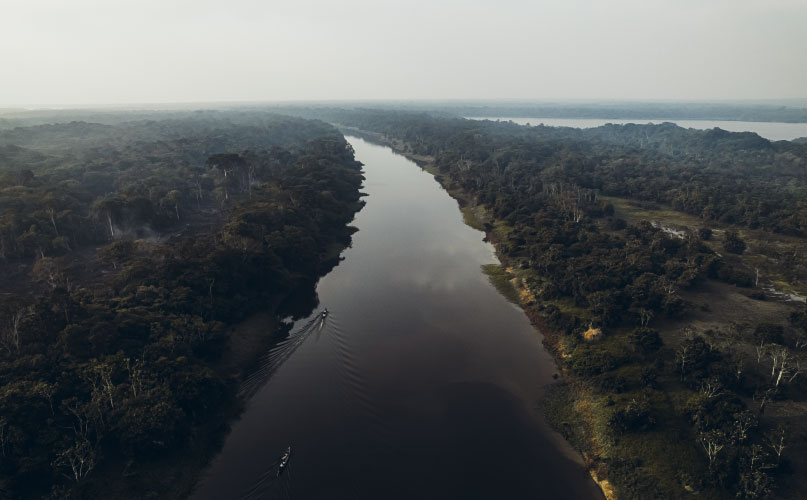
1. Brazil: Guarani Aquifer and the Colossal Amazon
Brazil, with approximately 21% of the planet’s total renewable freshwater, is a water giant thanks in large part to the vast Guarani Aquifer. This subway aquifer, shared with Argentina, Paraguay and Uruguay, is the largest of its kind in the world.
The Guarani Aquifer is estimated to contain enormous volumes of freshwater stored underground, providing Brazil with a substantial reserve of this essential resource.
But it is not only the Guarani Aquifer that contributes to Brazil’s water wealth, as the Amazon basin is home to the Amazon River, the largest river in the world with an immense river network, making this country a true freshwater giant. The combination of these resources makes Brazil a world-class water power.

2. Russia: large lakes and rivers
Russia is the world’s largest country, and therefore has 18% of the world’s freshwater, and is known for its vast expanses of lakes, rivers and glaciers. One of Russia’s most precious water treasures is Lake Baikal, located in Siberia. This impressive lake is the deepest freshwater lake in the world and contains a massive amount of clean, pure water.
This giant country also has other emblematic lakes such as the Ladoga and the Onega, but also an extensive network of rivers such as the Volga, which is the longest in Europe.
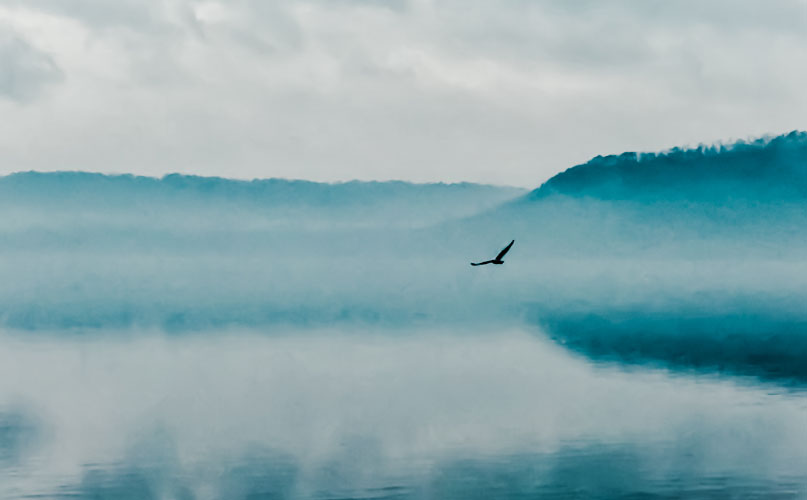
3. Canada: Colossal lakes
Canada is the third largest country in the world and has approximately 8% of the world’s renewable freshwater reserves. Canada is noted for its vast and diverse freshwater sources, as it shares large lakes that border the United States.
The country is home to Lake Superior, the world’s largest freshwater lake by surface area, as well as a multitude of other impressive lakes and rivers. Canada is home to the St. Lawrence River, which connects to the Atlantic Ocean, and the Mackenzie River, one of the longest rivers in North America, are just a few examples of this country’s water wealth.
YOU MAY BE INTERESTED IN: The country where it rains the most in the world
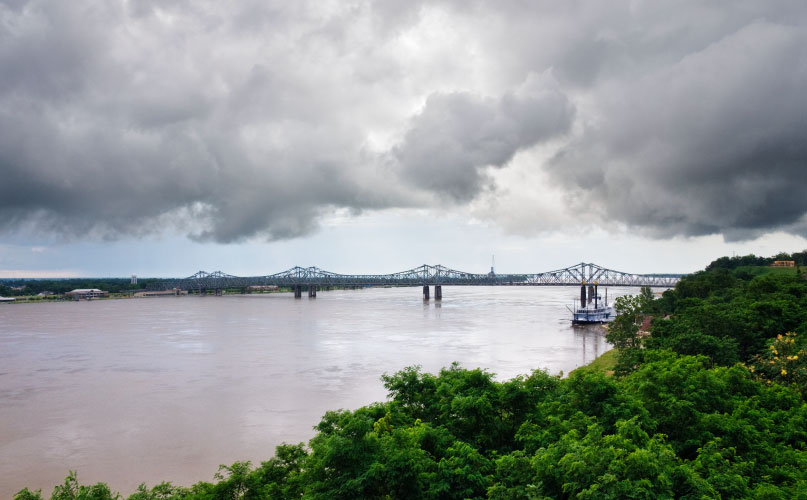
4. United States: Key Water Resources and the Mississippi River
The United States is the fourth largest country in the world and holds about 7% of global renewable freshwater. The United States is noted for having developed river systems, among the most prominent of which is the Mississippi River, which is the largest river system in North America and plays a crucial role in the distribution of freshwater in the country. The Mississippi also plays an important role in commercial shipping.
Rivers such as the Colorado and Columbia rivers sculpt landscapes and nurture ecosystems that support ecological diversity. The United States also has numerous lakes and strategic aquifers such as the Ogallala Aquifer, which provide water to millions of people for domestic consumption and agricultural activities.
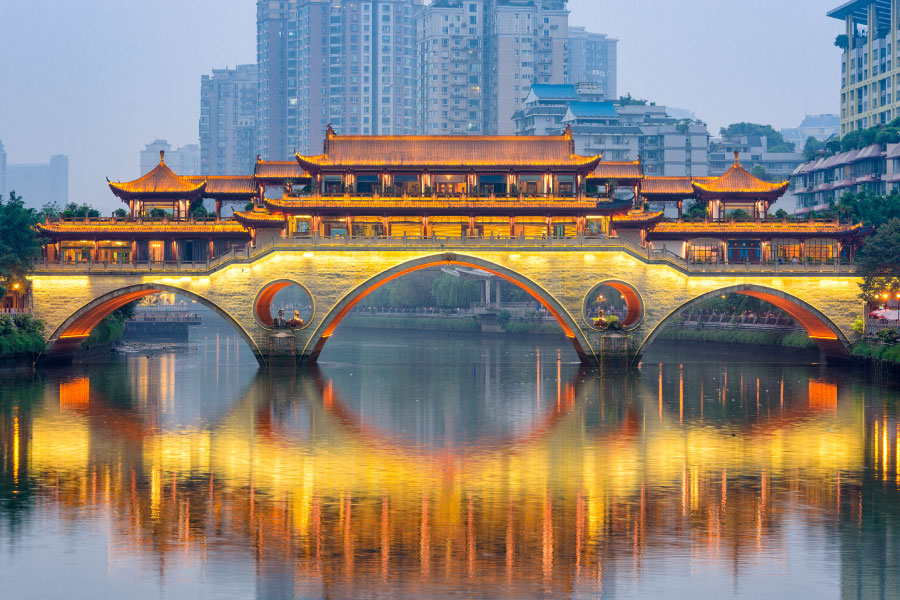
5. China: Millenary culture with great rivers
With a population of 1,408,628,000 people, China is the second most populated country in the world and the fourth in territorial extension. It has approximately 6% of the planet’s renewable fresh water, and is characterized by an extensive network of rivers, the Yangtze being the most outstanding, as it is the longest river in Asia and has been fundamental in the history and development of China.
On the other hand, another protagonist is the Yellow River and it is part of the cradle of Chinese civilization, as it nourishes vast expanses of arable land. The presence of this extensive river network and other significant bodies of water contribute to China’s status as a major freshwater reservoir country.
In conclusion, the abundance of fresh water in these countries is a matter of geographic luck, but it has also been the result of the interaction between humans and their environment to preserve these water resources. Let us not forget that access to drinking water is not without its challenges, as global warming and population growth are creating water stress.

